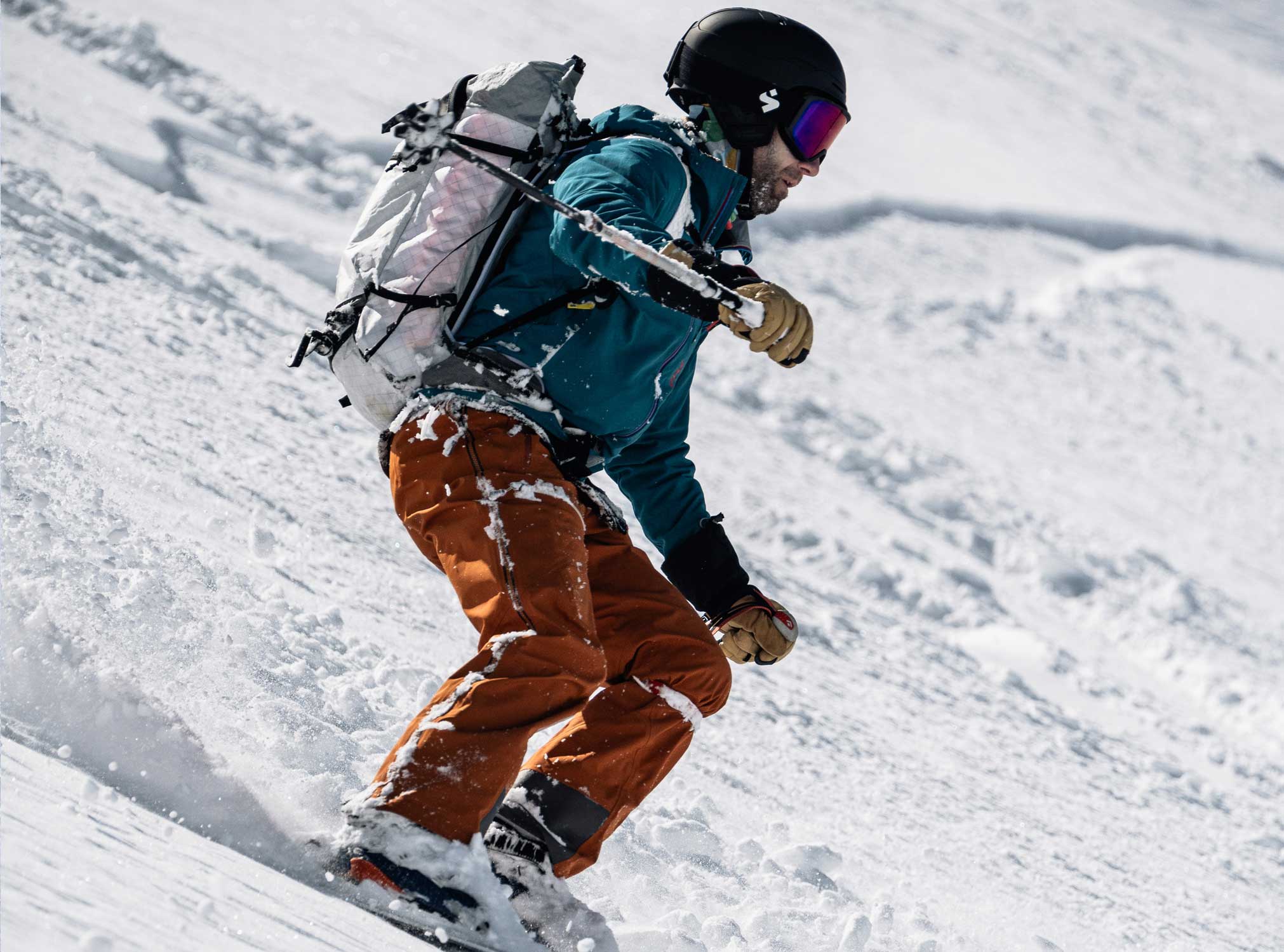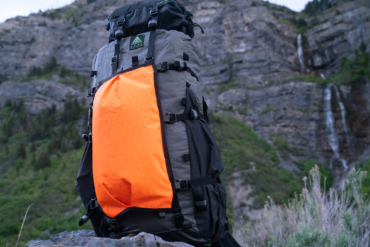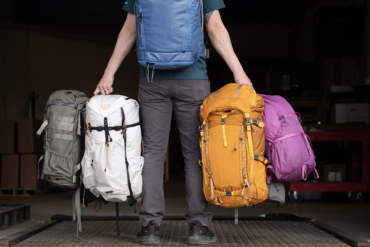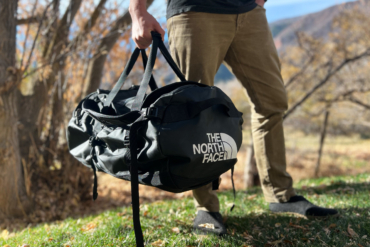Rolling wheel-equipped luggage, once a leathery genre of the business class, hit the mainstream years ago as airline travelers realized its ease and efficiency. I was admittedly a late and skeptical adopter, lugging duffels and gear-stuffed backpacks through airports year after backbreaking year.
But products from companies like Eagle Creek, Victorinox and Salomon soon caught my eye. Wheeled suitcases made for the outdoors set, indeed, have become commonplace at retail shops.

So it’s no surprise that REI (www.rei.com), the Seattle-based outdoor retailing behemoth, has committed to the genre now itself, offering several wheel-equipped and REI-branded models with prices starting at $150.
My favorite REI model is the WheelyBeast 2.0, a 7,200-cubic-inches large colossus that takes in ski boots, skates, tents, pads, climbing ropes, collapsed kayak paddles, and weeks’ worth of clothing. It has accompanied me on flights — and trains, and buses, and taxis — to expeditions while stashing 50 pounds of equipment away with ease.
It rolls smoothly even when overstuffed, the big plastic wheels capable of taking on parking lots, carpet, gravel and uneven terrain. Large zippered pockets provide no-nonsense access to gear. The bag’s rigid plastic panel adds support and shape to its 34 × 16 × 14 inches of dimension.

To boot, the WheelyBeast 2.0 costs just $150, making it vastly less expensive than other similar bags.
The WheelyBeast 2.0 gets negative points only in one area: its weight. When empty, the case weighs an incredible 11 pounds 2 ounces, which eats away a large portion of most airline’s imposed maximum luggage weight quotas of 50 pounds or so.
Another REI roller I’ve employed is the Tech Beast, which is a cousin to the WheelyBeast 2.0. Both bags are similar, with big zippered pockets, solid telescoping handles, and tons of capacity. But the Tech Beast is more refined, with a more urbane face fabric, smaller zipper pulls, a metal REI brand badge, smaller wheels, and less of an outdoorsy appearance.
The added tweaks and nice design work brings the Tech Beast’s price tag to $215.
Large capacity is a trait of the Tech Beast, too, which at 6,000 cubic inches is smaller than the WheelyBeast 2.0 but still big enough for most trips. It measures 31 × 17.5 × 15 inches and weighs 11 pounds 4 ounces when empty.
Comparing the two bags, I see the Tech Beast as more of a mainline piece of luggage, with smooth features and a nice look. The WheelyBeast 2.0 is a gear junkie’s stash case, with a cavernous main pocket, big webbing handles, big treaded wheels, and less stress on form, but more on function.






